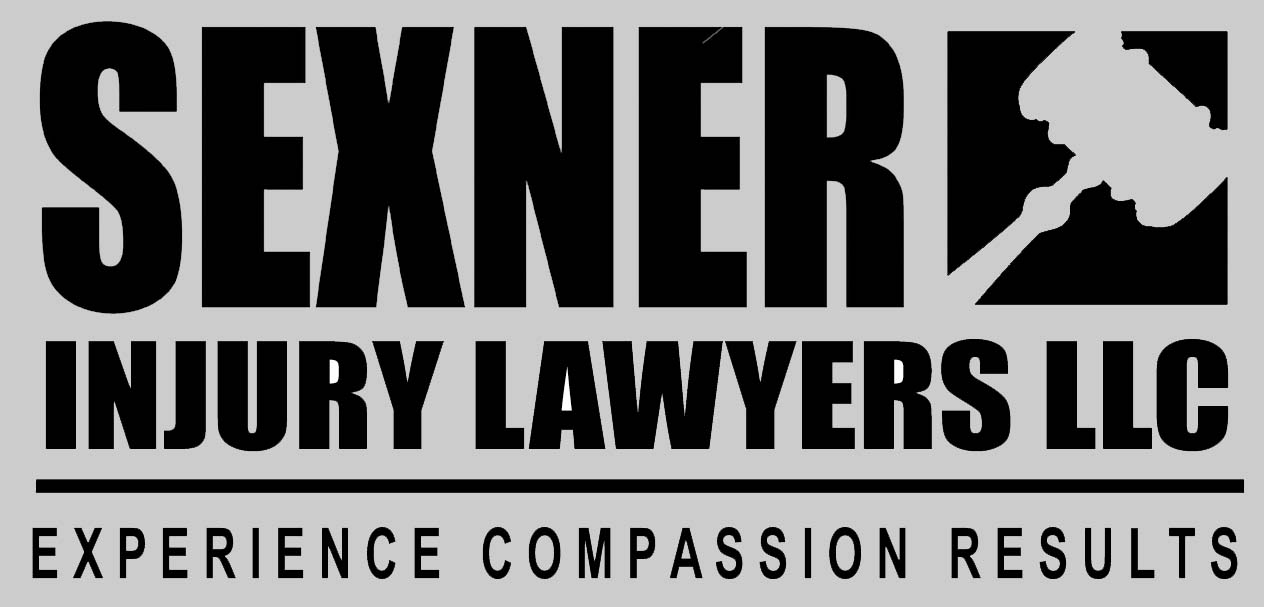Chicago Alzheimer's Abuse Victim Attorneys
During the early stages of Alzheimer's, patients are still able to take care of themselves. A caregiver is really only needed to remind the patient of certain matters and to give occasional help in certain areas. But as the disease progresses into moderate and late-stage Alzheimer's, a specialized facility becomes more and more of a necessity. These specialized facilities, often called Alzheimer's Care Facilities or Memory Care Units, are specifically designed for such patients and intended to give specialized care for this disease, as well as other forms of dementia.
Unfortunately, because Alzheimer's patients and those with dementia are more vulnerable, they are also at higher risk for abuse.
Any form of elder abuse is detestable, but when inflicted upon those whose mental functions are limited by a disease, the abuse is particularly vile. If you suspect your elderly loved one is the victim of abuse, contact local law enforcement and the Illinois Department of Public Health immediately. Then call the Chicago Alzheimer's abuse in nursing homes lawyers at Sexner Injury Lawyers LLC at (312) 243-9922 to talk about your legal options.
What Is Alzheimer's Disease?
Alzheimer's disease is a relatively common form of dementia that typically occurs in people over the age of 60, though some instances of early-onset Alzheimer's have occurred. It limits and restricts a person's cognitive functions and can cause problems with communication, performing daily and routine tasks, and recognizing and behaving appropriately in relationships. Memory retention and recall are often impacted, which can cause confusion, frustration, and anger in the person suffering from the disease.
Forms of Alzheimer's Abuse
Most Alzheimer's abuse is similar to general elder abuse by friends, family, or caregivers. Due to dementia, however, the victim may not be able to remember the abuse or fully understand what happened, and thus is not able to get help. Common types of Alzheimer's abuse include:
- Physical Abuse: Although physical abuse can take many forms, it typically involves violent physical contact that causes pain or injuries. It can include hitting and unnecessary use of restraints.
- Emotional Abuse: This type of psychological abuse often involves threats and intimidation as well as verbal harassment. Since it leaves no marks, and Alzheimer's patients might not remember the abuse, it can be particularly destructive as the victim only retains anxiety and distress without a clear cause.
- Sexual Abuse: Any kind of sexual contact without consent is a form of elder abuse. Alzheimer's patients who have suffered severe cognitive losses may not be able to truly provide consent anymore, making any sexual conduct with them abusive.
- Neglect: Since patients with severe Alzheimer's may not be able to care for themselves, the work of a caregiver is very important. Failure to perform necessary duties can result in bedsores, malnutrition, and other serious health conditions.
Financial Alzheimer's Abuse
Financial abuse of people with Alzheimer's disease has been on the rise in recent years. It can be done by staff at an Alzheimer's care facility, taking property or money from the person in their care; or done by family members, to get money they believe they deserve. Due to the nature of the disease, patients typically cannot remember how much money they should have, which makes them easy targets for such abuse.
According to one study, about 15% of patients suffering from Alzheimer's or other forms of dementia have been victims of financial abuse. More than 60% of caregivers for elderly patients reported their Alzheimer's patients have been approached by either phone or door-to-door salespeople, and 70% of patients reported that they were targeted, repeatedly, by telephone salespeople. Patients with Alzheimer's are particularly vulnerable to scam artists and those looking to commit fraud.
Warning Signs of Abuse
In order to care for our loved ones, we need to know what to look for, especially since those with Alzheimer's often can’t tell what happened to them. These warning signs include:
- Unexplained bruises and other physical injuries.
- Sudden, often violent, mood swings.
- Malnutrition or dehydration.
- Sudden and significant development or advancement of dementia.
- New antisocial behavior, including isolation and depression.
- Unexplained charges on credit cards or withdrawals from bank accounts.
- Missing property, such as jewelry or artwork.
Who Commits Alzheimer's Abuse?
Caregivers are the people most likely to abuse Alzheimer’s patients. This can include professional caregivers, such as nurses and other care facility staff, but it may not stop there. Family members are statistically the most likely to engage in financial abuse, especially if they have access to bank accounts and other assets. These people may feel they are only taking what they deserve or will get in an inheritance anyway, but it’s still theft. If another person(s) is handling an Alzheimer’s patient’s financial affairs, then other family members must provide oversight to prevent financial abuse.
If You Suspect Alzheimer’s Abuse, Speak to a Dedicated Abuse Attorney
For over 25 years, the experienced Chicago nursing home abuse lawyers at Sexner Injury Lawyers LLC have been helping the elderly and their families stand up for their rights and dignity. Those most at risk for abuse and neglect need a strong and aggressive partner to hold others accountable when they fail to protect the elderly. Millions of dollars have already been recovered for our clients and their families to help them through such trying times. Call us 24 hours a day at (312) 243-9922 if you believe a loved one has been harmed by another in any way. There is never a fee to discuss your situation.

